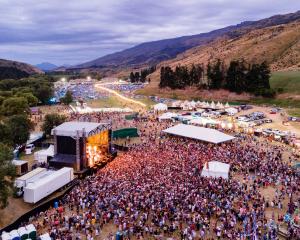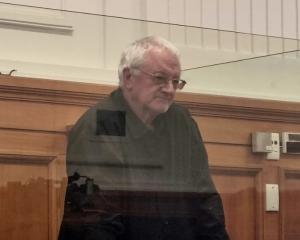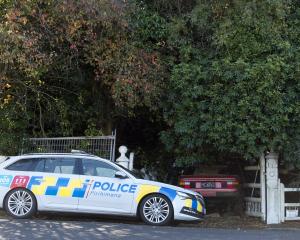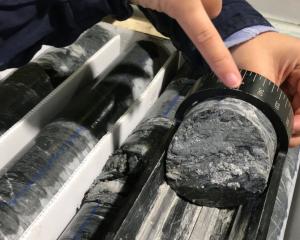A new national Centre of Research Excellence, formed in response to the Christchurch terror attacks, will help build a more secure nation and one also empowered by knowledge, empathy, understanding and kindness, the Prime Minister says.
Jacinda Ardern was speaking at the launch today of a centre of research excellence for countering and preventing violent extremism.
The Government announced last year it was establishing a national Centre of Research Excellence for preventing and countering violent extremism.
Establishing a programme to fund independent research, specific to New Zealand, was one of the recommendations of the Royal Commission into the March 15 terror attack on two mosques in 2019.
Scholarships were being offered of at least $15,000 each to master's students researching ways of countering and preventing terrorism, including issues like social cohesion and social equality.
Ardern said today many of the recommendations of the Royal Commission of Inquiry have been delivered and "we are the better for them".
The Government has taken the recommendation for the centre, and gone further, she said.
The National Centre of Research Excellence for Preventing and Countering Violent Extremism, He Whenua Tarikura, will fund independent New Zealand-specific research on the causes of and measures to prevent violent extremism and terrorism.
It will also serve as a permanent repository to ensure the work is embedded in New Zealand's thinking, conversations and policy making.
Ardern announced the two directors of the centre will be professors Joanna Kidman and Paul Spoonley.
Prof Kidman's work spans indigenous sociology, Māori higher education, decolonisation studies, and comparative education, while Prof Spoonley has covered social cohesion, racism, the far right, white supremacism and antisemitism.
They will be backed by research organisations, civil society and government. This will include hosting annual hui on countering terrorism and extremism.
Ardern said the centre will give insight on how the securitisation of communities can be avoided, and open engagement and partnership achieved.
She thanked the scholarship recipients "at a personal level" for the work they are about to embark on.
"I cannot tell you how important it is to New Zealand but also the world right now.
"From Aotearoa New Zealand leadership to what is a global challenge, it's helpful to know that New Zealand is not alone in addressing the challenges of violent extremism.
"We're not alone, but that doesn't mean that everyone else's answers are right for us and that's why it's so important that we have a unique Aotearoa lens to the work that you are embarking upon."
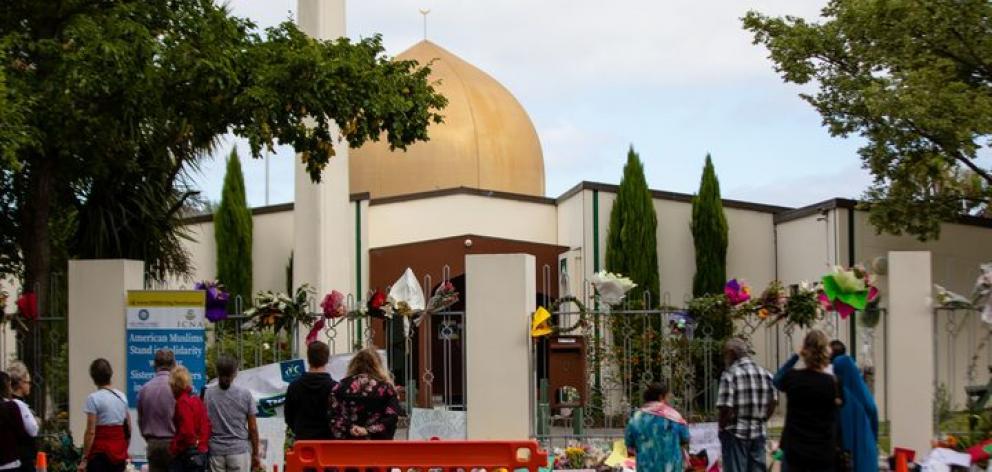
"We know what the problems we face are, we just need to work together to solve them, and that's where our scholars come in today."
She believed this will help not just to build a more secure nation, but to build one more empowered by knowledge, empathy, understanding and kindness. This will be informed by empathy, kindness and will help to build a more resilient, inclusive and safer New Zealand.
Minister Andrew Little said it was a very important initiative at a very important time and he could not think of two academics better placed to help establish the research centre than Spoonley and Kidman.
Over time, the centre will "sort of rotate through various tertiary institutions over time".
One of the challenges issued by the Royal Commission was that violent extremism, racism, and violent extremism come from people, from our communities.
"What are the things that exist in our history that might drive people to think in certain ways to adopt certain values that are certainly contrary to the sorts of social values that most of us have been brought up with, and what is it that would cause the sort of events that we see around the world and now, tragically, have seen here in Aotearoa New Zealand."
He said this centre will be absolutely critical for us to think about what do we do achieve the vision of He Whenua Taurikura - a land at peace.
"That, of course, was the vision of Te Tiriti o Waitangi, and 180 years on we're still on that journey. It took some very unfortunate and tragic paths on that as well. But we have a better understanding now, and a better understanding of humanity."
Kidman thanked those who have made this possible, and the scholarship students. He said it was a "really exciting initiative" which delivered a message of hope in uncertain times where the future is in many ways "both more predictable and less predictable than perhaps it's ever been".
"As a nation we witnessed the attacks on the mosques in Christchurch in 2019, and we grieved for those who lost their lives and their loved ones and in our own communities we've seen the rise of groups that carry messages of hate and destruction - so these are troubled times, and that's where He Whenua Taurikura will be making a contribution.
"Together we will create an evidence base about how we might prevent these terrible events from happening again."





